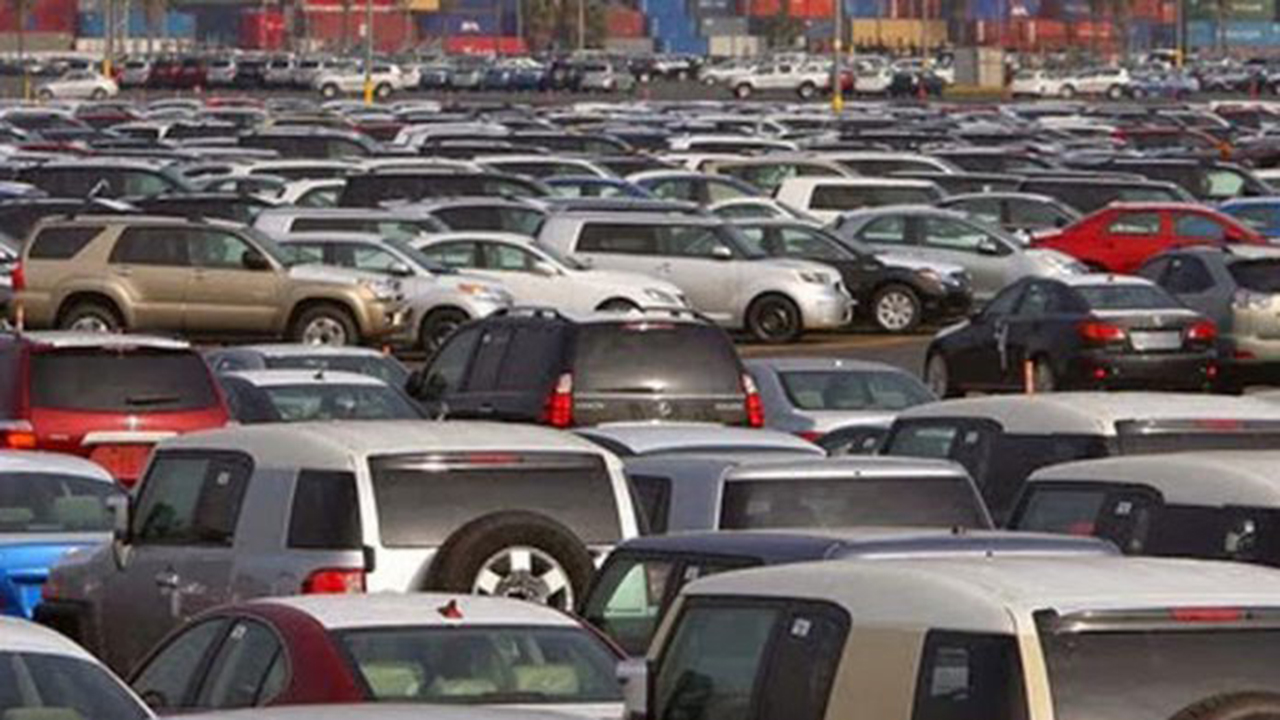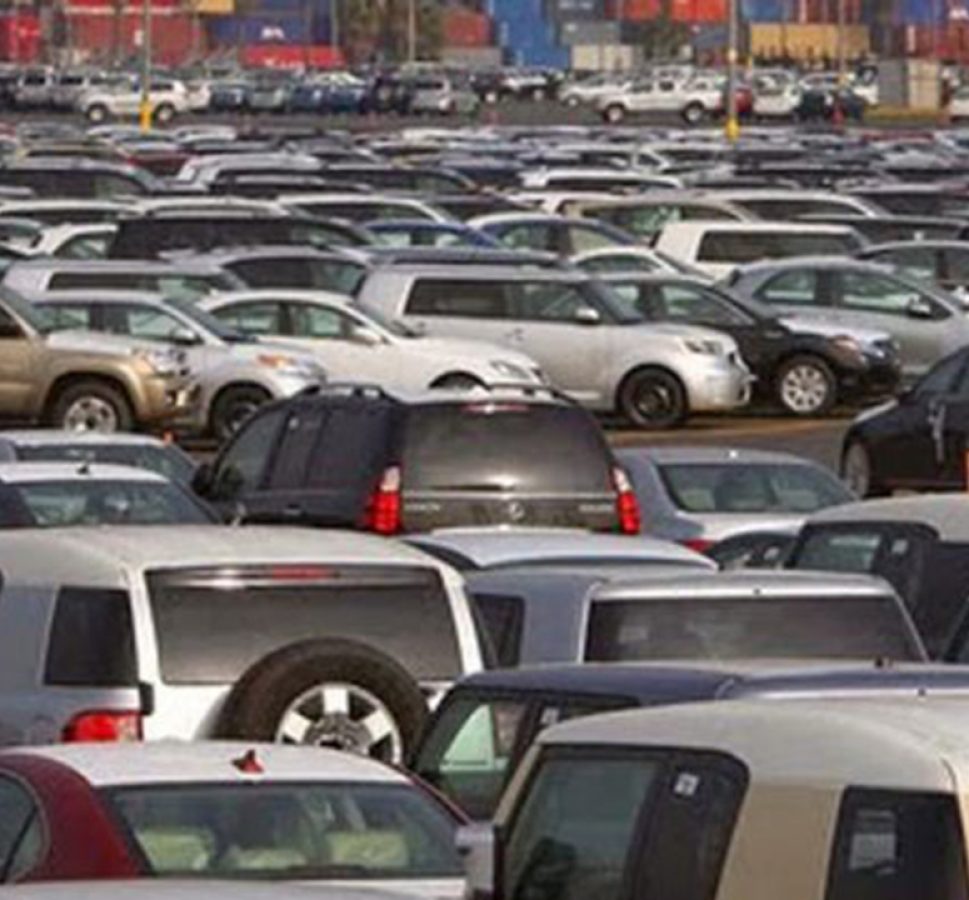
REPORT : NIGERIA IMPORTS 1.2M VEHICLE IN SIX YEARS
The Nigerian economy received a total of 1,216,131 used and new vehicles that were imported into the country between 2012 to 2017, a report by the National Bureau of Statistics (NBS) has revealed.
The National Bureau of Statistics in a report tagged, “Nigerian Ports Statistics, 2012 to 2017,” obtained yesterday, stated that the vehicles came through, Apapa, Tin Can, Onne, Calabar and Delta ports.
Although the National Bureau of Statistics did not put a value to the vehicles, estimates showed that Nigeria spends over $8 billion annually on vehicle importation.
Vice President Yemi Osinbajo corroborated the facts last week when he declared at the 19th Abuja Motor Fair that Nigerians spend about $8 billion annually to import vehicles into the country.
Meanwhile, the NBS report showed that vehicle importation into the country was on downward spiral from 2013 even though the federal government auto policy was introduced in 2014.
Former President Goodluck Jonathan had in 2014 imposed 70 percent duty on importation of new vehicles and 35 percent on used vehicles with the aim of boosting local production.
The tariff reduced the number of vehicles brought into the country and failed to boost local production but instead fuelled smuggling from neighbouring Benin Republic and Togo.
In the same vein, President Muhammadu Buhari had in December 2016, placed ban on importation of vehicles through the land borders citing loss of revenue.
The ban was introduced to influence massive importation of vehicles through the nation’s seaports but has not also done enough to stop smuggling at porous land borders of Seme and Idiroko.
Analysis of the NBS data revealed that 269, 386 vehicles were imported in 2012 while 280,226 came into the country in 2013 and 247,932 in 2014.
Also, in 2015, 131,994 vehicles were reportedly received at various terminals, 105,189 in 2016 and 181,404 in 2017.
Tin Can Island port, which has designated vehicle terminals, PTML and Five Star, Terminals handled the highest number of vehicles imported into the country.
Another 1,164,600 vehicles were imported through the Tin-Can port in the year under review.
A breakdown of the NBS numbers showed that in 2012, 251,322 vehicles were imported while 265,209 in 2013 and 237,904 came into the port in 2014.
It showed further that in 2015, 124,841 vehicles were received at various terminals at Tin-Can port, 104,571 in 2016 and 180,753 in 2017.
The Tin-Can Port was followed by the Apapa port which received 48,937 vehicles in the year under review.
The Apapa port, received 17,121, highest number of vehicles into the country in 2012, followed by 14,397 in 2013 and 9,611 in 2014.
Even though, the Apapa port doesn’t have a designated vehicle terminal, the port recorded 6,955 in 2015 and paltry 346 and 507 in 2016 and 2017 respectively.
The eastern port which was known for receiving oil and gas cargoes also received a paltry 2,594 in six years.
Onne port received the highest in the eastern port from 285 in 2012 to 260 in 2013 and 106 in 2014, 196 vehicles were received in 2015, 272 in 2016 and 3 in 2017.
Delta port received 2 vehicles in 2015 and additional 658 in 2012, 360 in 2013 and 311 in 2014.
The Rivers Port received only 141 vehicles in 2017 while Calabar port received no vehicle in the last six years.
Reacting to the development, customs agents in the country advised the federal government to reduce tariff on brand new vehicles and maintain tariff on used one to spark off massive importation through the seaports.
President of the National Council of Managing Directors of Licensed Customs Agents (NCMDLCA), Lucky Amiwero disclosed that despite the ban through land borders, vehicles are still be smuggled massively through un-approved routes.
He said Nigeria is a victim of smuggling as lots of people are bringing vehicles into the country through un-approved routes, adding that that is not good for a developing economy like Nigeria.
THISDAY






